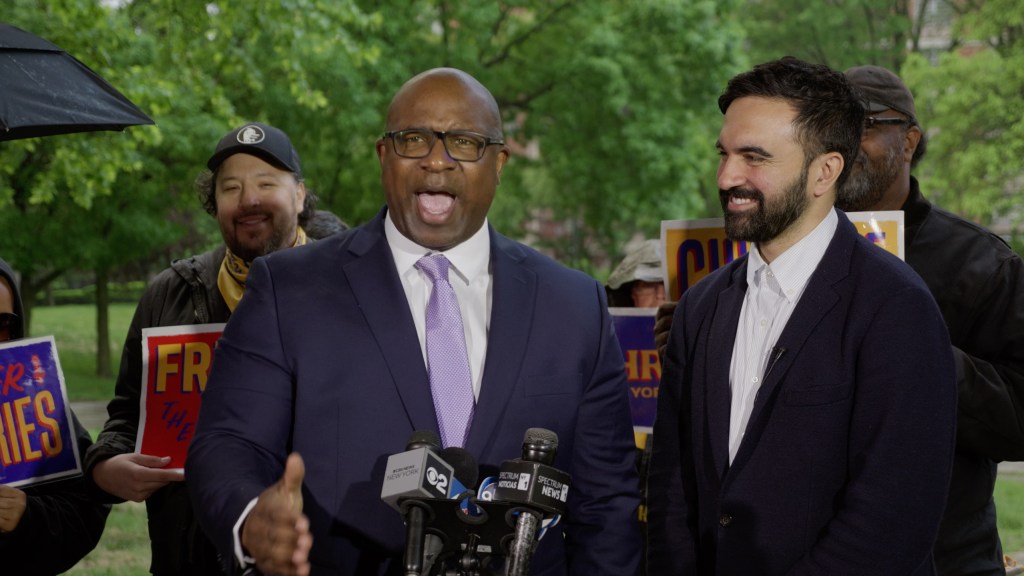Now Reading: Trump’s tariff threat to foreign films overlooks the value of multilingual cinema
-
01
Trump’s tariff threat to foreign films overlooks the value of multilingual cinema
Trump’s tariff threat to foreign films overlooks the value of multilingual cinema

As the 78th Cannes International Film Festival kicks off this week, one hot topic among filmmakers, sales agents, and journalists will undoubtedly be United States President Donald Trump’s proposed 100 percent tax on foreign-made films. During the festival’s opening night, renowned Hollywood figure Robert De Niro spoke out against Trump’s plan, emphasizing the importance of art in connecting people and embracing diversity. De Niro stressed that art seeks truth and unity, highlighting the significance of cultural expressions.
Trump’s threat of imposing taxes on foreign films, while possibly an empty one, extends beyond economic protectionism to cultural protectionism, reflecting long-standing language ideologies in the American film industry and engagement with multilingual cinema. Experts have discussed various theories on the reasons behind this proposal and its potential drawbacks, emphasizing the need to safeguard cultural diversity.
The idea of a monolingual ideology, rooted in the belief of the superiority of one language, is evident in Trump’s actions, such as designating English as the sole official language earlier this year. This mindset, linked to the myth of Standard American English, marginalizes other languages and dialects, contributing to linguistic discrimination and intolerance.
The film industry has often perpetuated negative stereotypes of speakers of languages other than English, portraying them in a derogatory light. Trump’s characterization of foreign films as a “threat” due to their messaging and propaganda further underscores fears of linguistic diversity. However, Hollywood has gradually embraced a more inclusive and multilingual cinematic landscape, offering audiences a diverse range of international content.
Foreign-language films not only serve as educational tools for language learning but also provide unique aesthetic and emotional experiences. Watching films in their original language enhances the immersive storytelling experience, offering viewers a deeper connection to the narrative. Restricting access to these cultural products could limit societal growth and perpetuate discriminatory attitudes towards diverse languages and accents.






